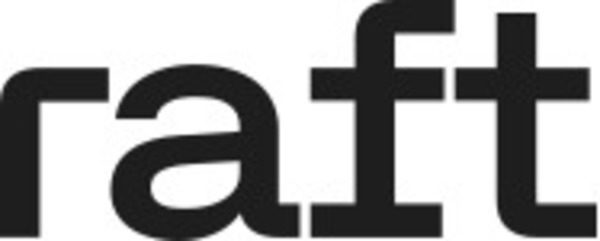Vector.ai Rebrands as Raft, Signaling a Complete Forwarding Evolution

Vector.ai today announced the company is rebranding under the name Raft.
Since 2017, when launched as Vector.ai, the company has designed, tested and delivered industry-leading AI to automate document processing for freight forwarders. While AI for automated document and email processing remains at the core of the company’s technology, the rebrand points towards the greater need for forwarders to have a single platform for their day-to-day workflow.
At current standing, Raft saves forwarders over an hour per shipment by automating arduous data translation tasks. As a result of the time savings and workforce productivity boost, leading international forwarders are also recognizing an average of $2.1 million saved per year through Raft. These time and bottom line savings further the company’s positioning as the operating system of choice for providers across the global supply chain.
“Raft’s purpose is to help forwarders optimize their whole shipment process, across the entire lifecycle,” said James Coombes, CEO of Raft. “Yes, we use the industry’s leading AI implementation in our platform, but we now provide much more capability on top of each shipment, like emissions visibility, which allows our forwarding and brokerage customers to provide ever-better service to their end customers on the back of the standardization we already provide. It’s a really powerful concept that has resonated with our customer base.
“Our global ambition is to understand every event of every shipment, to automate everything, and this rebrand — and the mindset that goes with it — is another step towards that mission.”
To celebrate the successful evolution from AI provider to intelligent platform for forwarding excellence, Raft has not only changed its name to a more suitable platform indicator, but also fully rebranded with a new design, logo and website. The complete overhaul matches Raft’s intentions with its execution.
“We realized pretty early on that the future of freight forwarding is human, we just needed to build the best technology to support them,” Coombes said. “So our goal was to create a new platform based on a new framework, one that combined operational best practices across our customer base with automation front and center, not just as an afterthought. Today, we’re getting closer to realizing this ambition.”
Related Articles
Copyright ©2024. All Rights ReservedDesign, CMS, Hosting & Web Development :: ePublishing